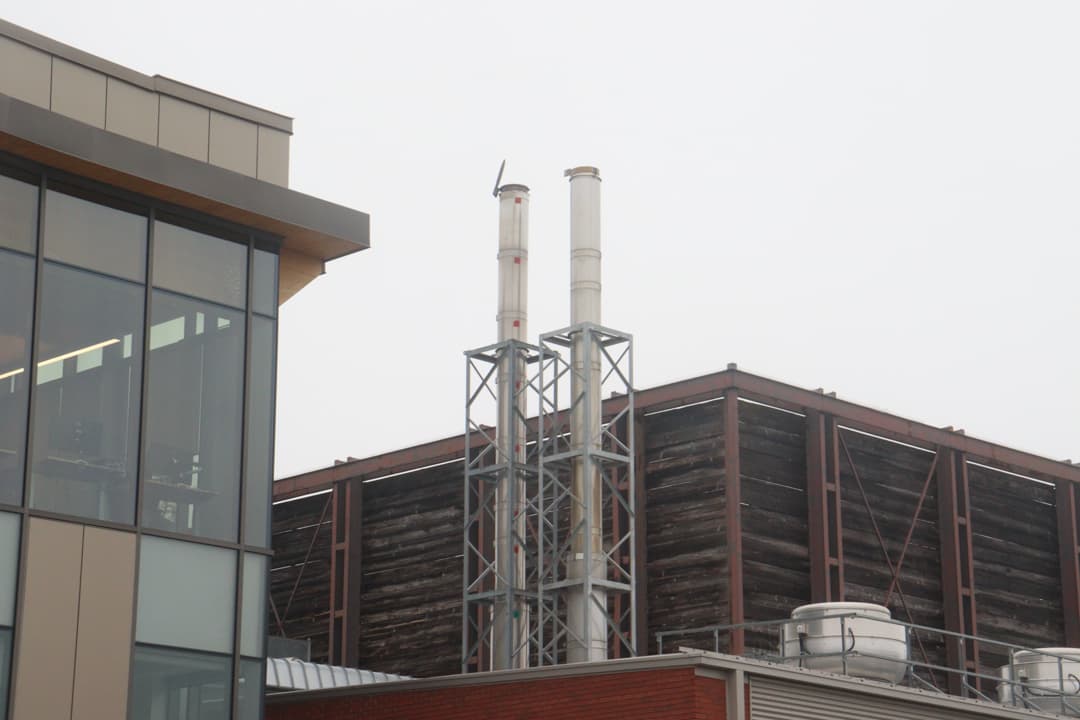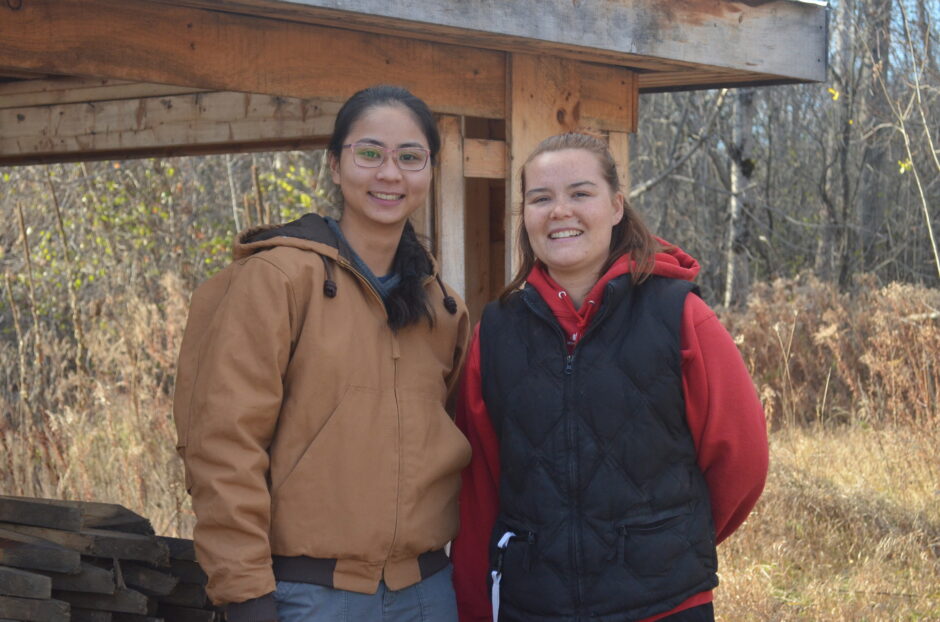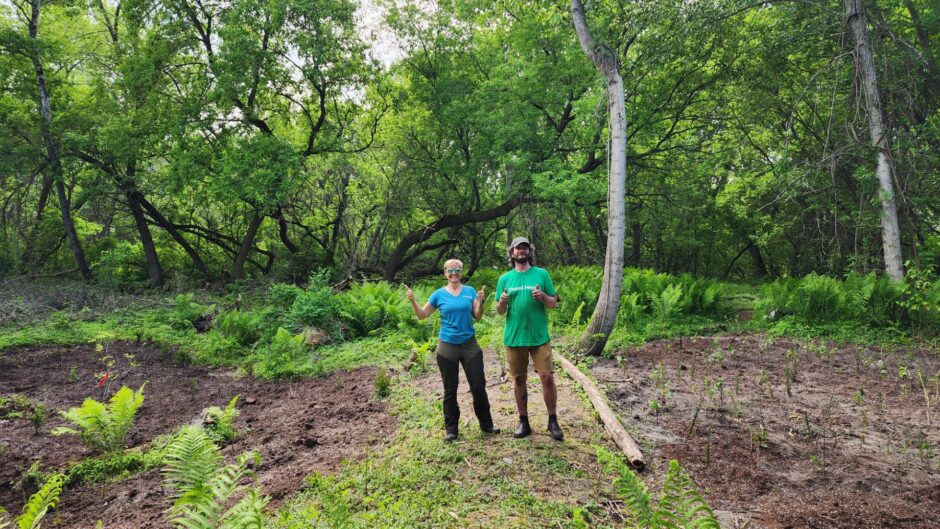Students voice concerns over carbon tax impact

The campus environment society is questioning the timing of a recently announced carbon tax exemption.
The federal carbon tax debate resurfaced when Prime Minister Justin Trudeau recently granted a carbon tax exemption on home heating oil for three years.
Stephanie Taylor, the group lead for the Algonquin College Environment Society (ACES), does not trust the initiatives of the government. She believes taxing carbon will hurt the average people who are not the biggest polluters.
“Now everything is so expensive. A lot of people should not have to choose between heating their home to stay warm and paying extra taxes,” said Taylor.
According to Environment and Climate Change Canada, the carbon tax is an incentive to reduce greenhouse gas emissions. It encourages the use of more environment-friendly energy.
According to government environmental indicators, buildings (service industry and residential sectors) have a share of 12 per cent in all greenhouse gas emissions.
The recently announced carbon tax exemption was frowned upon by several entities. Environmentalists called it a step backward especially since the country will not meet its emissions target for 2030. The government’s opposition called the carve-out divisive since it targeted specifically Atlantic Canada.
At Algonquin College, some students are in favour of the exemption and others think the government should concentrate on bigger polluters, not households.
“Most of the impact on the environment comes from the industry so going after households is a waste of time,” said Adewale Adedayo, a first-level energy management student.
According to a 2019 forecast by the Ontario government, the federal carbon tax was predicted to create a $380,052 pressure on Algonquin College.
Graph: The graph published in 2019 by Service Ontario on the estimated increased heating costs to Ontario colleges
The college was unable to provide current information about the actual impact of the carbon tax on its budget.
ACES was created to educate students on climate-friendly actions.
“We are not that big a club. We have five members so far and are mainly focused on educating students on sustainability on campus,” said Taylor.
ACES doesn’t collaborate with the college on climate-protection initiatives, but it advocates for sustainable practices on campus.
“I hope that Algonquin College takes action and brainstorms ways to solve this problem so that we can all benefit from less pollution,” says Karine Joseph, a member of ACES.








